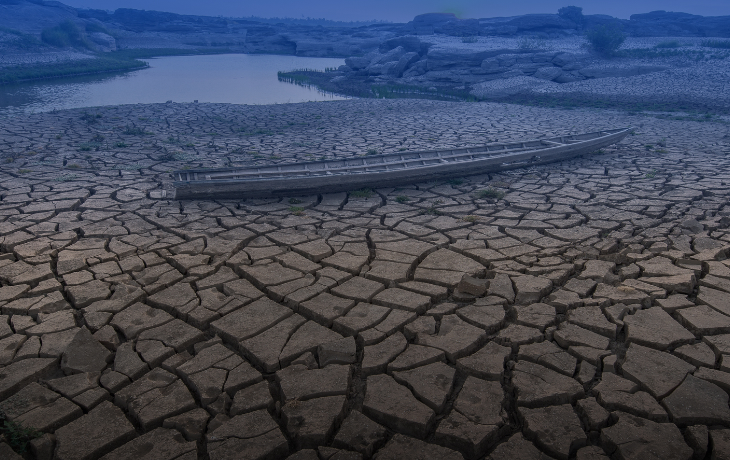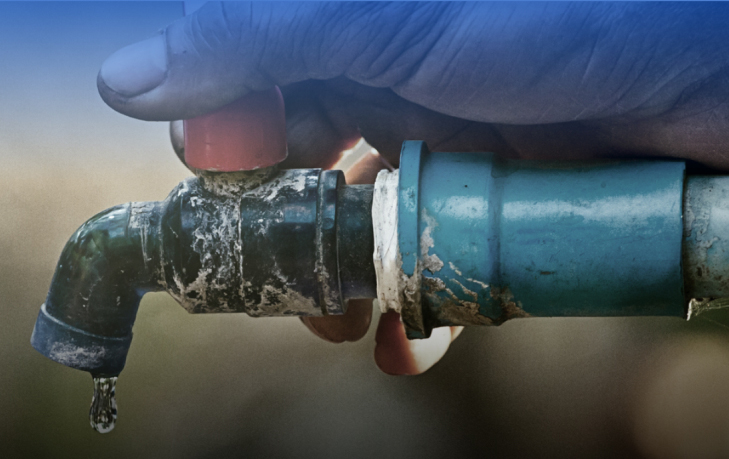

The need to treat
our water in a better way

Water waste can be avoided by adopting a mix of individual and collective actions to change the way we live.
It is not just about consuming less, but also about consuming better.
Mainly in low-income areas of cities and towns within developing countries, a large proportion of wastewater is discharged directly into the closest surface water drain or informal drainage channel, sometime without or with very little treatment. In addition to household effluent and human waste, urban-based hospitals and industries such as small-scale mining and motor garages, often dump highly toxic chemicals and medical waste into the wastewater system.

Different uses. Different water treatment standards
Water used by a municipal authority for irrigating green spaces or cleaning streets does not need to be treated to a potable standard.
Even in cities where wastewater is collected and treated, the efficiency of treatment may vary according to the system used. Treating wastewater to a water quality standard appropriate to its intended use increases the potential for cost recovery.












 Partners across the globe
Partners across the globe